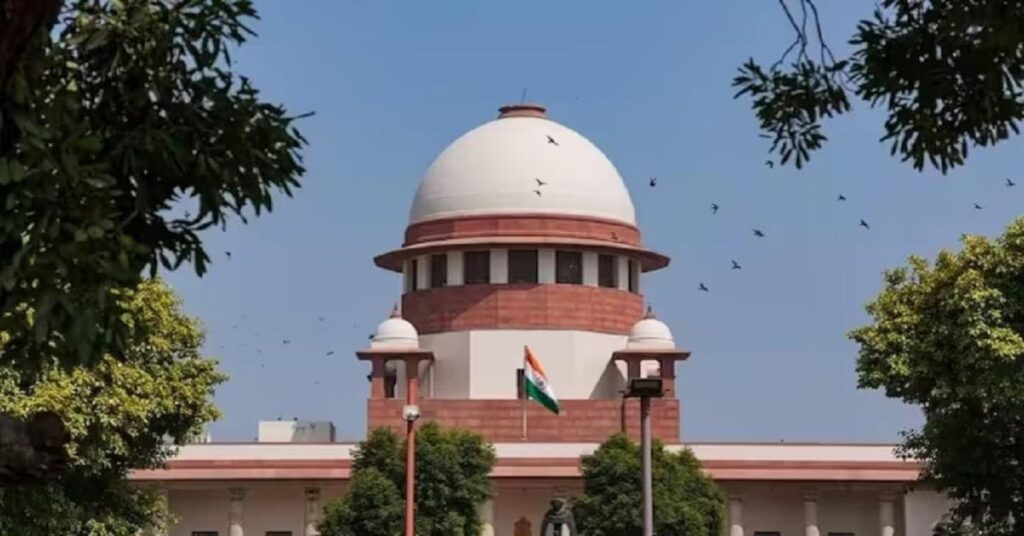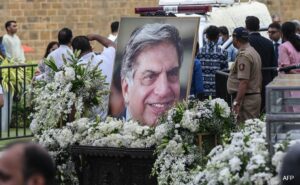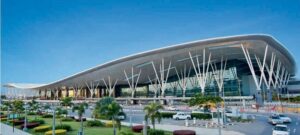NHAI Under Fire as Supreme Court Questions Toll Collection on Bad Roads

NHAI Under Fire as Supreme Court Questions Toll Collection on Bad Roads
The Supreme Court on Thursday, August 14 pulled up the National Highways Authority of India (NHAI) for collecting tolls from commuters despite incomplete roadworks and heavy traffic jams. The bench of Chief Justice of India Bhushan R. Gavai and Justice K. Vinod Chandran asked, “Roads are in such bad condition… You are collecting tolls, but where are the roads? How do you start collecting tolls even without completing the roads?”
The court was hearing NHAI’s appeal against an August 6 Kerala High Court order that had suspended toll collection at the Paliyekkara toll plaza for four weeks. The high court had criticized NHAI for “total apathy” in solving congestion problems on the Mannuthy-Edappally stretch of National Highway 544 and said the authority could not collect tolls while breaching the “tie of public trust” with road users.
NHAI’s Defense and the Court’s Response
Solicitor General Tushar Mehta, appearing for NHAI, said the highway concessionaire had also filed an appeal that was due to be heard next week and suggested both cases be taken up together. But the bench focused on the poor condition of the roads, observing that such issues existed “everywhere,” and questioned the very basis for toll collection.
Mehta said toll collection and road management were the concessionaire’s responsibility, not directly NHAI’s. Counsel for the concessionaire added that five “black spots” identified by authorities were outside the concessionaire’s work scope and that the high court had recorded compliance with all contract terms.
The court was not satisfied. “You should have planned for intersections and other measures before starting to collect tolls… You start collecting tolls even before the roads are ready,” the bench remarked.
Ongoing Work and Traffic Problems
Mehta told the court that underpasses and overbridges were being built to fix the black spots. But the bench pointed out that bottlenecks still existed on the stretch mentioned in the high court’s order and said even ambulances could not pass. “In any case, the high court has stopped toll collection for four weeks. Resolve this. You are wasting time filing appeals,” the court said.
Chief Justice Gavai also shared his personal experience travelling on the highway, saying he had seen bottlenecks himself. Mehta said some congestion was due to service road blockages caused by the ongoing construction work. He asked for the matter to be heard next week so he could present maps and photographs.
The court said NHAI had delayed responding to the high court’s concerns. “The court has been after you since February, but you did not respond. That is how this order came to be passed,” the bench said. It referred to Malayalam newspaper reports about a man who left at 6am for his father-in-law’s funeral but could not travel 30 kilometers until the afternoon, leading to a dispute with traffic managers.
“You must see it to believe it. Why should citizens be put to unnecessary hardship? It is for the NHAI and the concessionaire to resolve their dispute,” the bench added.
Kerala High Court’s August 6 Order
The high court’s August 6 decision had suspended toll collection at Paliyekkara for four weeks. It directed the Union government to address public complaints in consultation with NHAI, the state chief secretary, and the concessionaire. The court noted that NHAI had ignored repeated reminders since February 2025, even though the public continued to pay for using the highway.
“The moment public trust is breached, the right to collect toll fees cannot be forced on the public,” the high court said.
The center argued that the problem was limited to a 4.8 km stretch and that the rest of the 65 km highway was fine. It assured the high court that the issue would be fixed soon. But the high court found a breach of public trust and ruled that toll collection could not resume until the problems were addressed.
The Supreme Court will hear the matter again on August 18.










